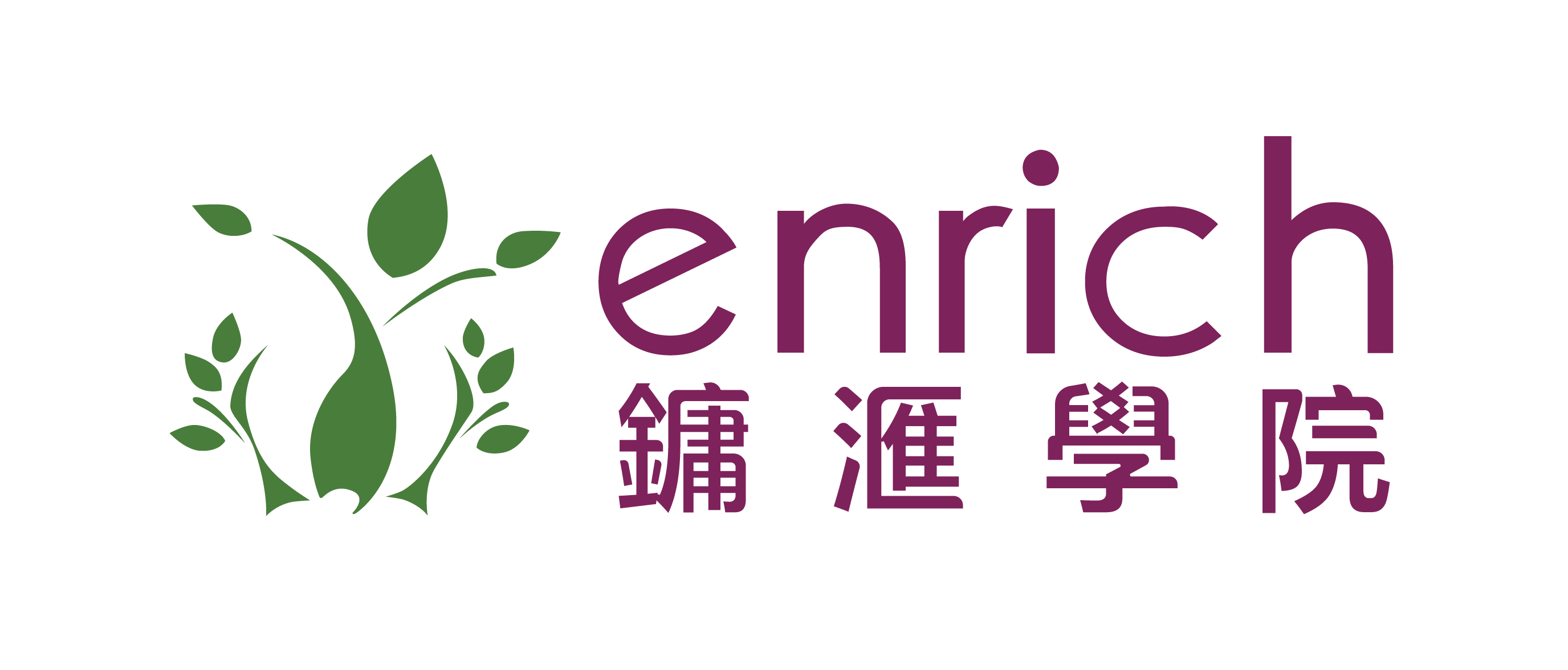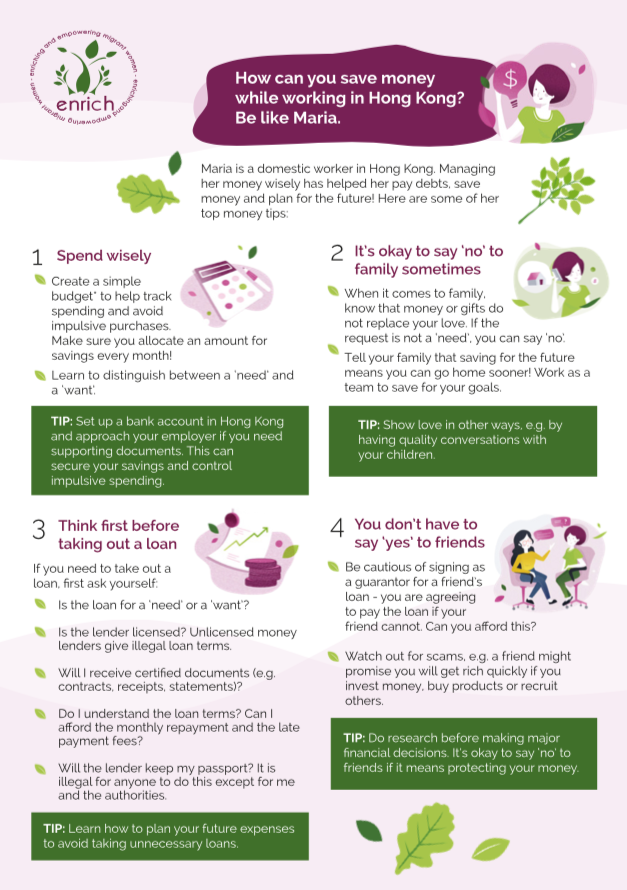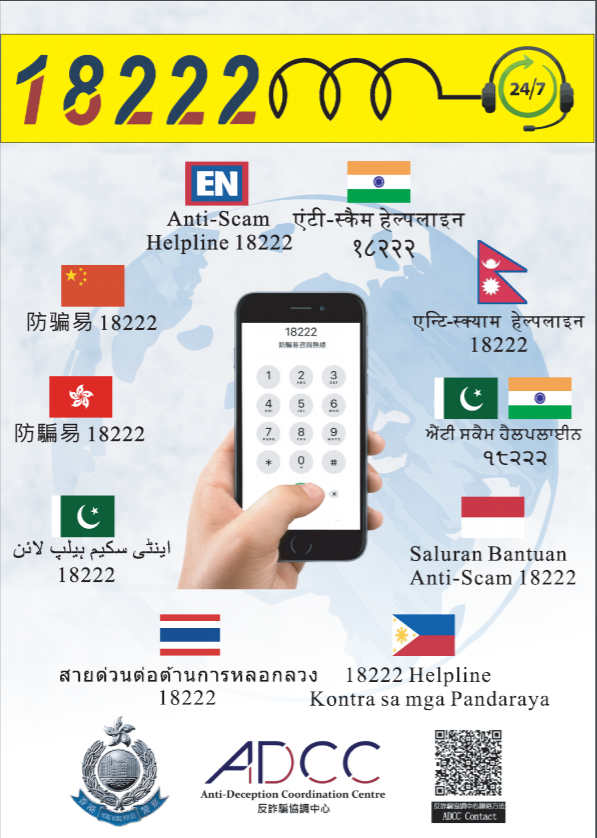
What are ponzi schemes? How can I avoid these scams when investing?
Ponzi schemes and investment scams should be avoided at all costs. Here are some ways to understand and identify them.
A Ponzi scheme is an illegal investment scheme. Earlier investors are paid with so-called “returns” from the money that newer investors contribute.
Organisers of Ponzi schemes often trick new investors by promising investment opportunities that generate high returns with little or no risk (Risk = the chances of losing your money to an investment). Investors may be asked to bring in a certain number of new investors in order to take part in the investment. Often, family and friends are drawn into take part in the scheme. They contribute money which they believe will be invested in a company, but is actually used to pay earlier investors as ‘returns’.
Identify the following Red Flags to avoid getting scammed:
-
Red Flag #1. Low risk and high returns
There is no ‘guaranteed’ investment opportunity. Every investment is risky and higher returns usually involve more risk. If an investment pays back regular, positive returns despite overall market conditions, it may be too good to be true. Investment values tend to go up and down over time, especially those with the potential for high returns.
Ask yourself: Do I understand the risk involved compared to the potential return?
-
Red Flag #2. Lack of understanding of the investment/company
The key to protecting oneself from investment scams is to avoid investments you do not understand or for which you cannot get complete information. Ponzi schemes are typically not registered with government regulators and involve unlicensed individuals or unregistered firms. Registration is important because it provides investors with access to key information about the company’s management, products, services and finances. Never accept the claim that you cannot review information about an investment in writing.
Ask yourself: Do I have enough information about the company? Do I have access to information and understand the investment fully?
-
Red Flag #3. Recruitment of friends and relatives
Victims of pyramid schemes are often required to recruit others into the scheme. The money from the later investors, their friends and relatives, are used by the organisers to stand as the ‘profits’ from the so-called investment. Eventually, the pyramid schemers will flee with the accrued funds.
Ask yourself: Do I understand the risks of recruiting friends and relatives? Is there a clear explanation how returns are calculated?
-
Red Flag #4. Difficulty receiving payments
Pyramid scheme organisers often encourage investors to “roll over” investments and promise higher returns. Be suspicious if you have difficulty cashing out or receiving payments on your investment.
Ask yourself: Is there a systematic process regarding how investors can cash out investments at anytime? Do I know who or where to go to for help if anything goes wrong with the investment scheme?
If you suspect something is a scam, even if you’re unsure, call 18222, the 24-hour hotline of the Anti-Deception Coordination Centre, Hong Kong Police, who can give you more guidance.
Also, attend our Growing My Money workshop to learn more about how to spot investment scams and invest safely.







